Benefits:
In addition to vitamin C, blackcurrants have plenty of antioxidants and anthocyanins.
These can help strength your immune system, soothe sore throats, and ease flu symptoms. Blackcurrant leaves also have a range of properties, including: antimicrobial.
How to care:
Soil
They need well-drained soil with plenty of organic matter and a pH between 5.5 and 7.0. If your soil is clay or sandy, work in lots of organic matter before planting, or prepare a raised bed.
Sun
Currants grow well in sun or partial shade, and appreciate afternoon shade in warm climates. Currant shrubs prefer the cool conditions in USDA plant hardiness zones 3 through 5. Plants may drop their leaves when temperatures exceed 85 degrees Fahrenheit (29 C.) for an extended period of time.
The Takeaway:
If you want a plant that
• is full of Vitamin C that helps to bring back tastes in mouth
• helps to reduce internal bleeding of the body
• have economic value.
Then Bengal currant (Karamcha) is a great plant for you

















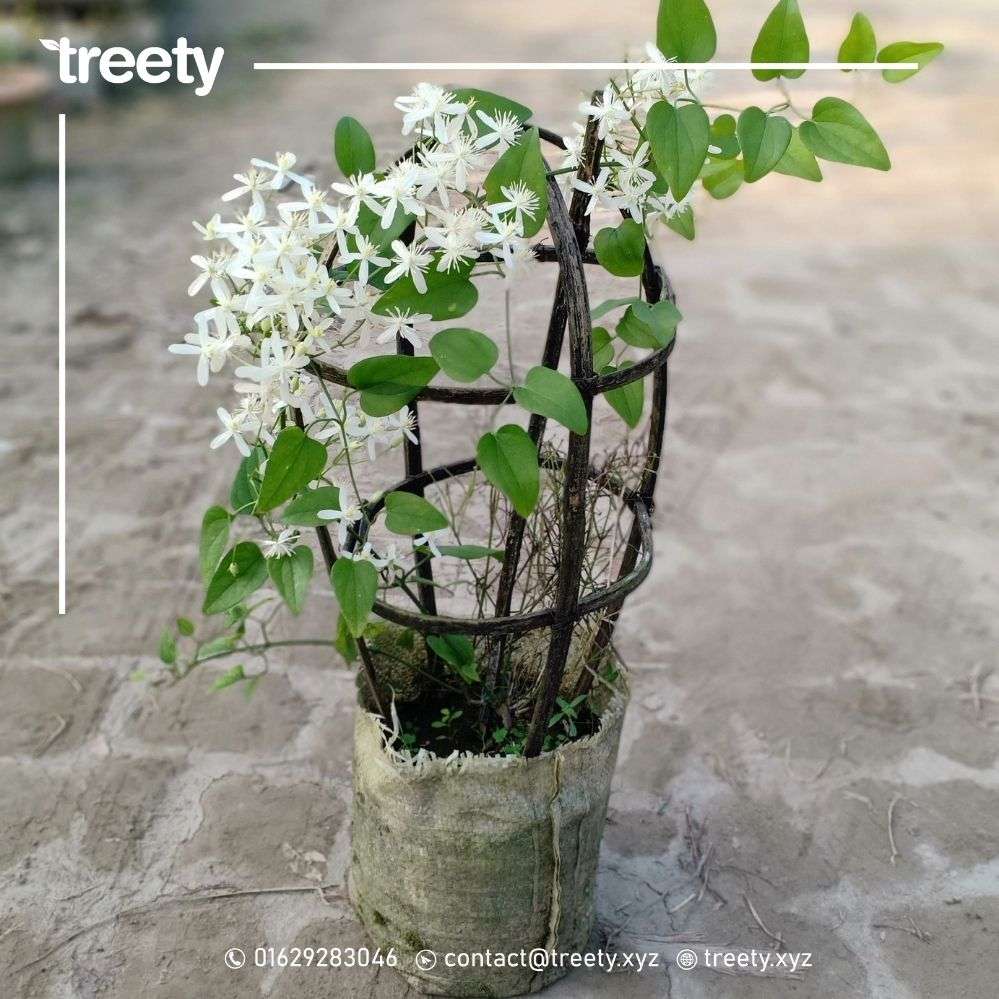
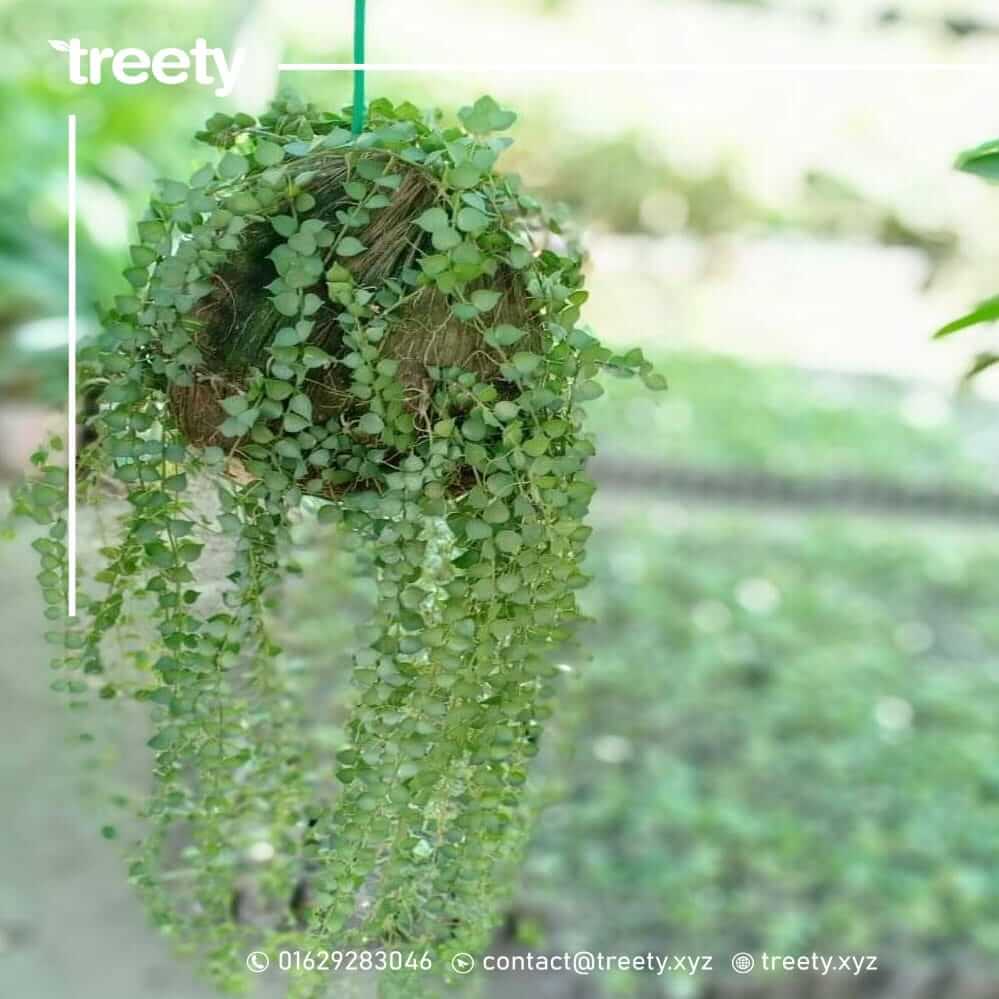
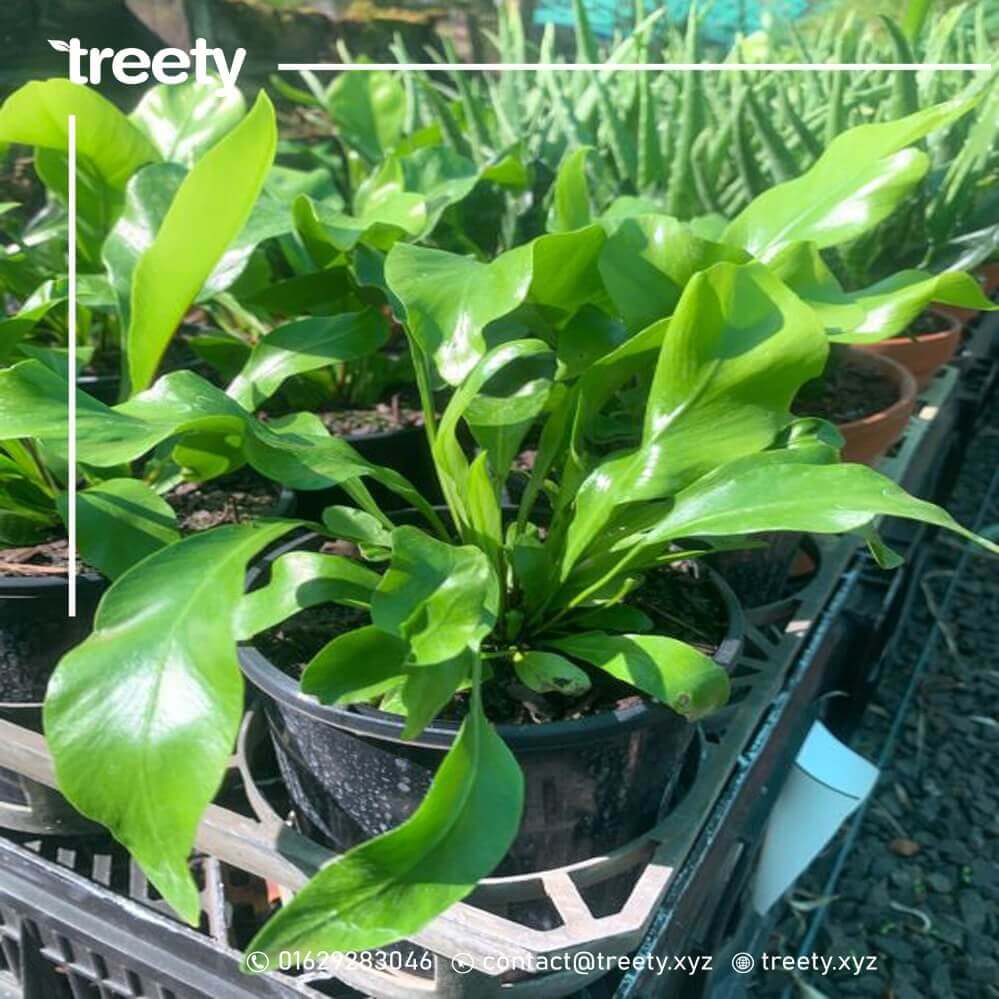
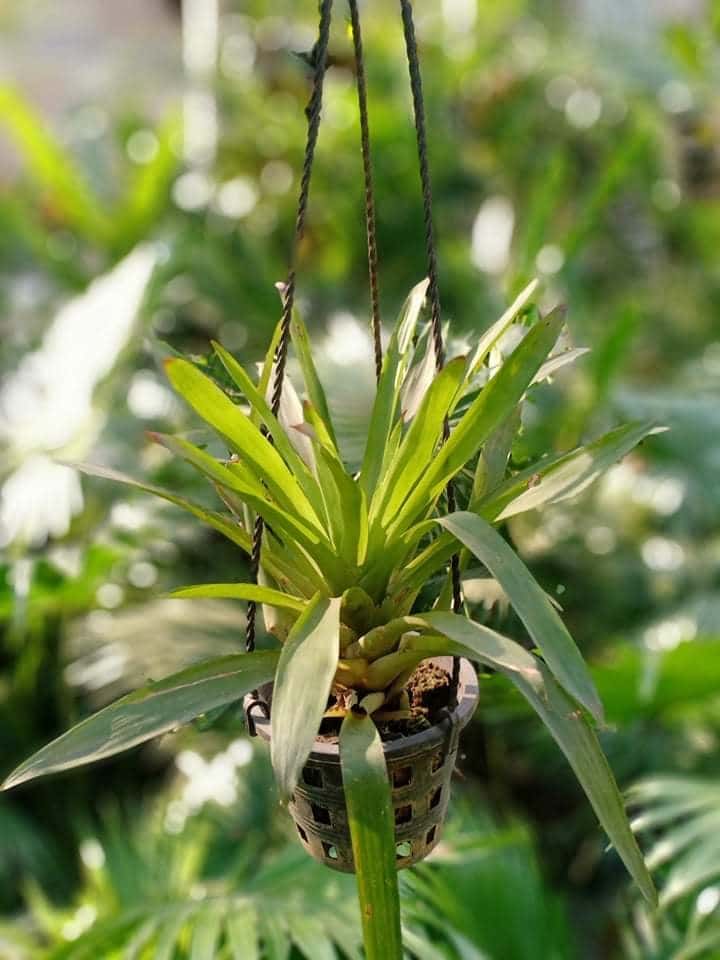
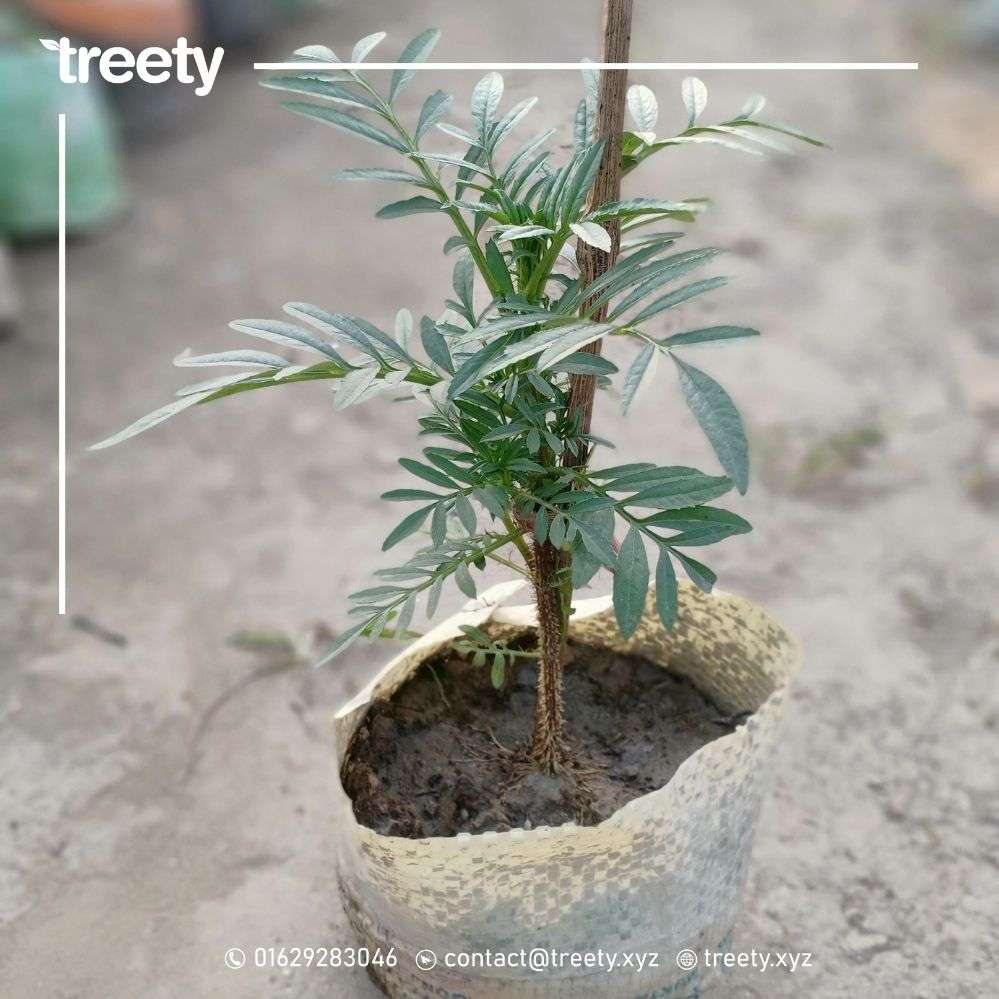
Reviews
There are no reviews yet.